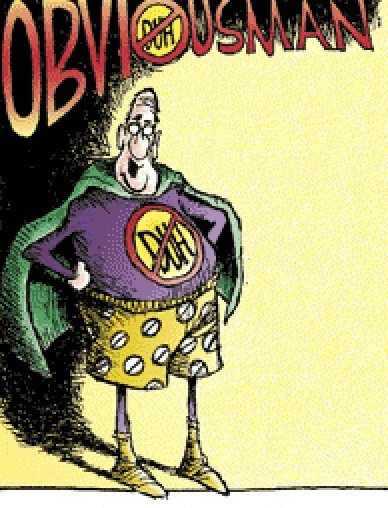I was hoping this topic would already have been flogged to death but.........
What constitutes a good SAC rate?
I know there are a zillion variables involved and every diver will experience different rates on almost every dive.
When I first started diving I could suck a tank dry in no time flat, yesterday in the St. Lawrence (mid 70s water, not much current) my SAC was just under .68 and my best to date is just under .65.
At 5' 10" and 200 lbs is this about as good as gets or can I expect it to improve more over time?
What constitutes a good SAC rate?
I know there are a zillion variables involved and every diver will experience different rates on almost every dive.
When I first started diving I could suck a tank dry in no time flat, yesterday in the St. Lawrence (mid 70s water, not much current) my SAC was just under .68 and my best to date is just under .65.
At 5' 10" and 200 lbs is this about as good as gets or can I expect it to improve more over time?






